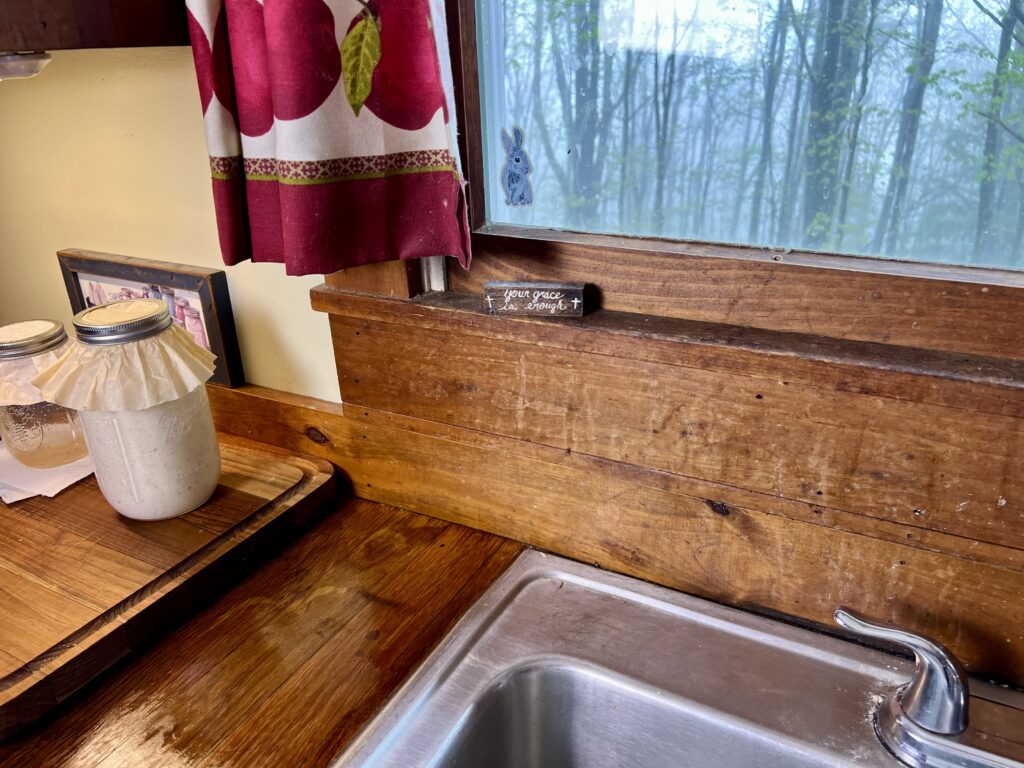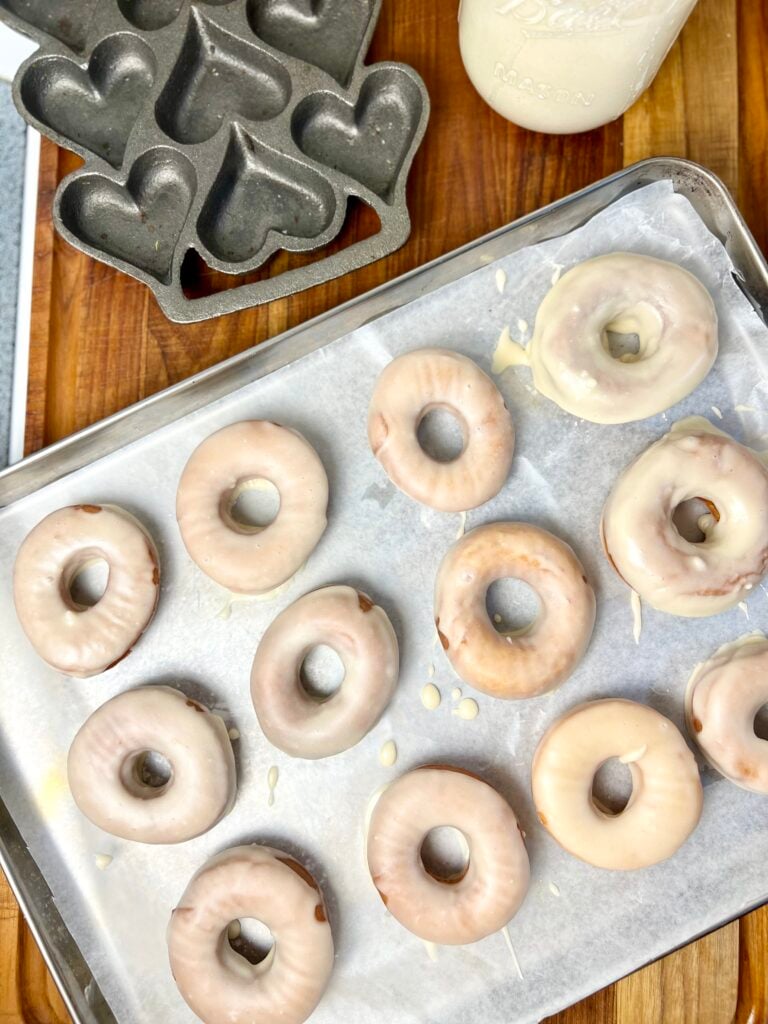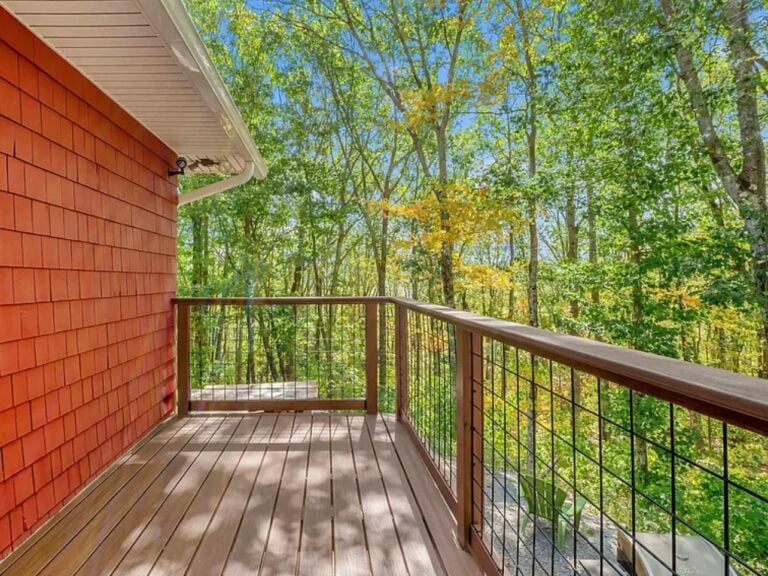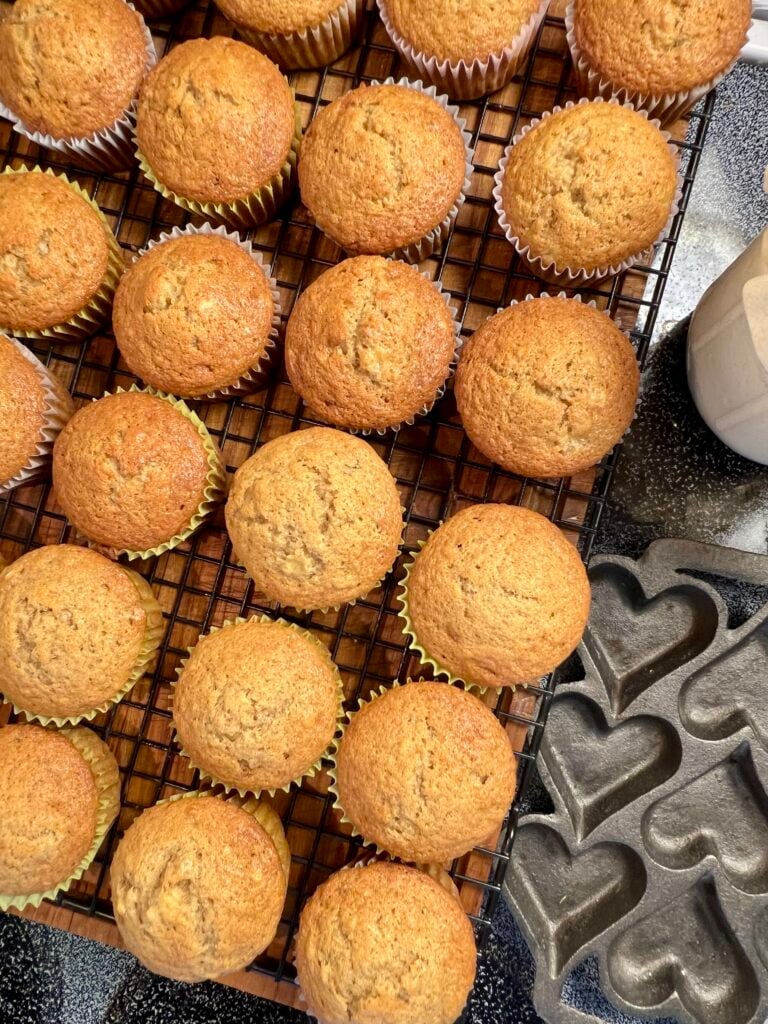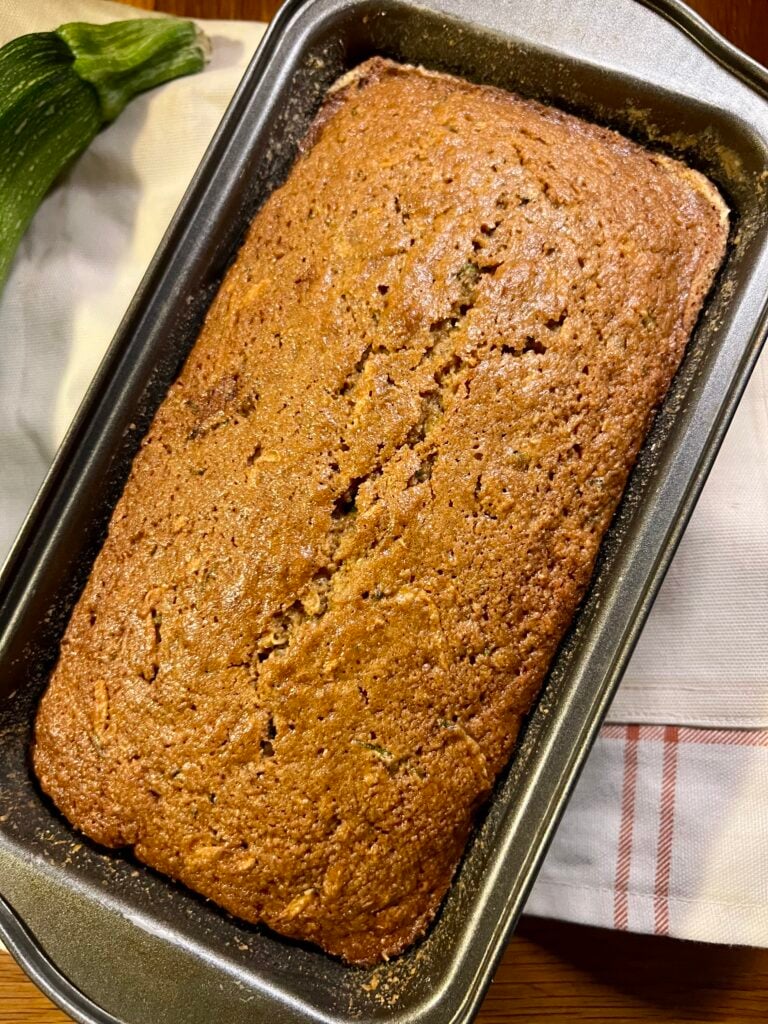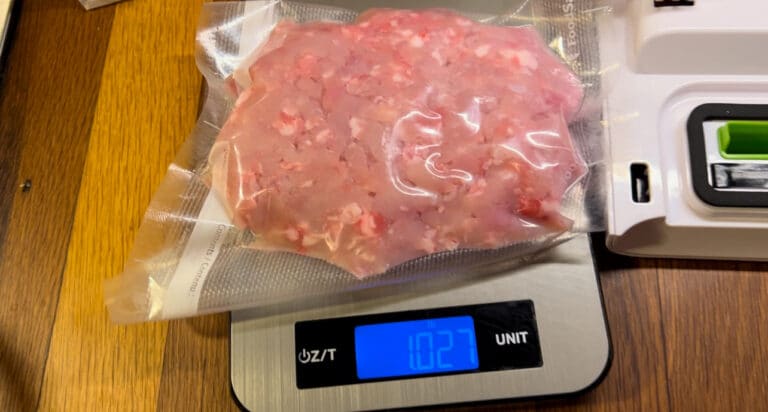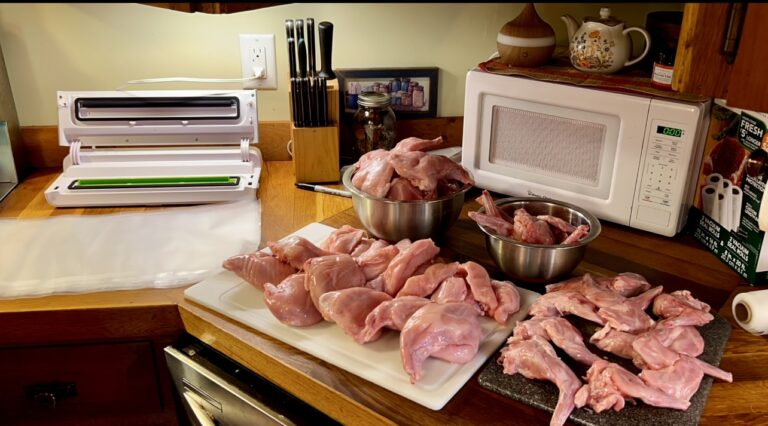Wood Countertops: Beautiful and Durable
When you walk into my kitchen, the first thing people often comment on is my countertops. They’re not granite or quartz. They’re wood—crafted from solid oak hardwood flooring that also runs throughout the rest of my home. But they’re not just any wood countertops. These butcher block counters were handcrafted by the original owner of my home, a skilled carpenter who built this place as his and his wife’s dream home. From the cabinets to the counters, his craftsmanship is everywhere.
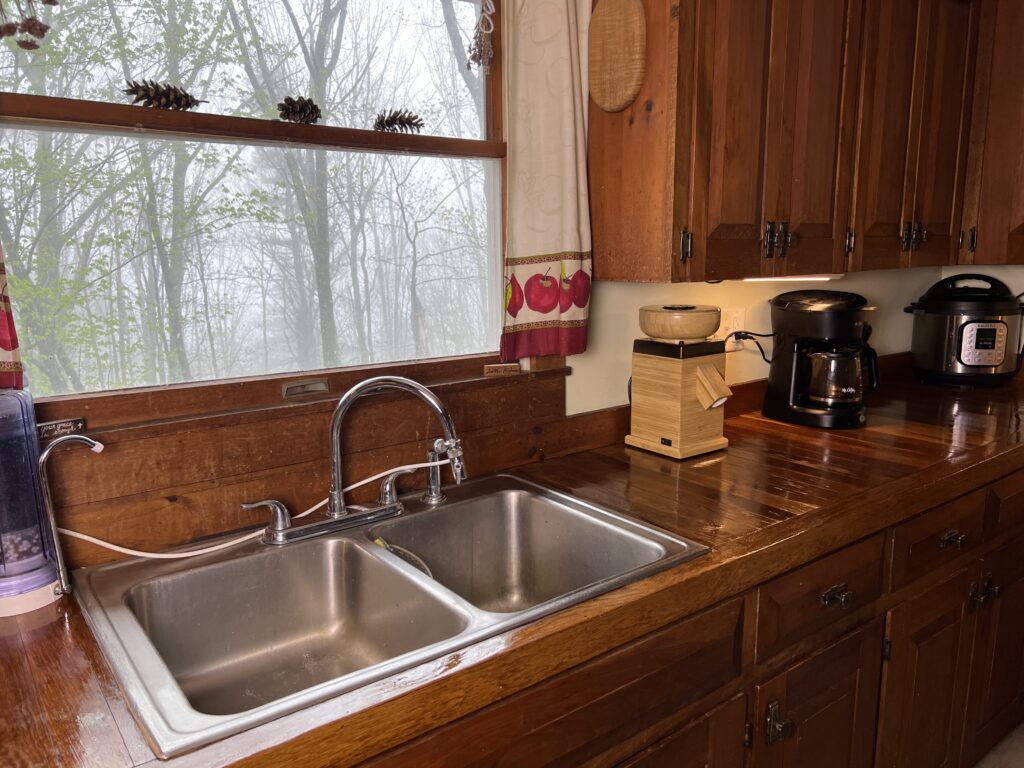
What makes these countertops even more meaningful is the story behind them. The couple who built this home had no children and poured their hearts into every detail. When they passed away, they were buried right here on the property, under a stone we fenced in to honor them. Knowing that this kitchen was so thoughtfully created makes me feel like I’m preserving a legacy. And part of that means taking great care of the wood countertops I’ve come to love.
So, are wood countertops a good idea? Let’s dive into that, along with everything you need to know before choosing wood for your kitchen.
Why You’ll Love Wood Countertops
Wood countertops bring a sense of warmth and authenticity to your kitchen that no synthetic material can match. Each piece of wood is unique—full of grain patterns, knots, and natural imperfections that add charm and character. Whether you love rustic farmhouse style or timeless traditional design, wood countertops offer a natural beauty that blends seamlessly into your home.
Are Wood Countertops a Good Idea?
Yes, wood countertops can be an excellent choice—especially if you’re looking for warmth, character, and a natural material that ages beautifully. Wood adds charm that stone simply can’t replicate, especially in farmhouse, rustic, or craftsman-style kitchens. It’s a softer, quieter surface than stone, and it’s gentle on dishes.
But they do require maintenance. If you’re willing to oil them regularly and clean them with the right products, wood countertops will reward you with decades of durability and beauty.
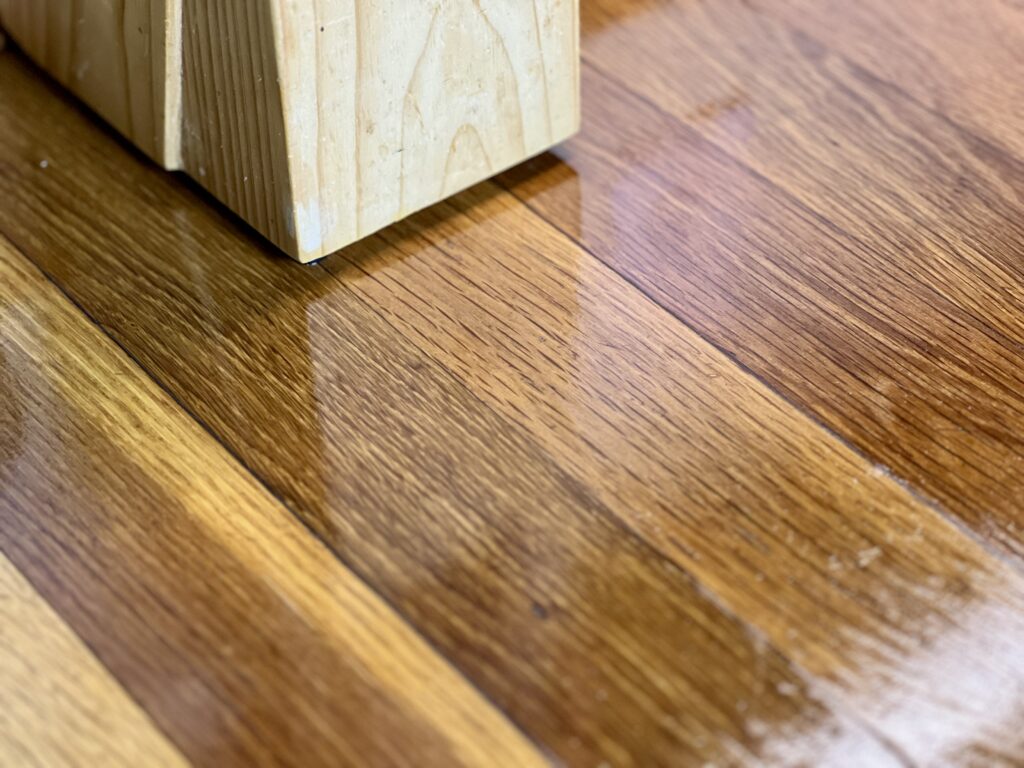
Is Wood Countertops Cheaper Than Granite?
In many cases, yes. Wood countertops are generally more affordable than granite, especially when you opt for common hardwoods like oak, maple, or birch. Granite can cost anywhere from $50 to $100+ per square foot installed, whereas butcher block counters can range from $20 to $60 per square foot, depending on the wood type and thickness.
Because mine were built by hand using oak flooring, they’re incredibly solid and likely saved on cost at the time by using materials already on hand.
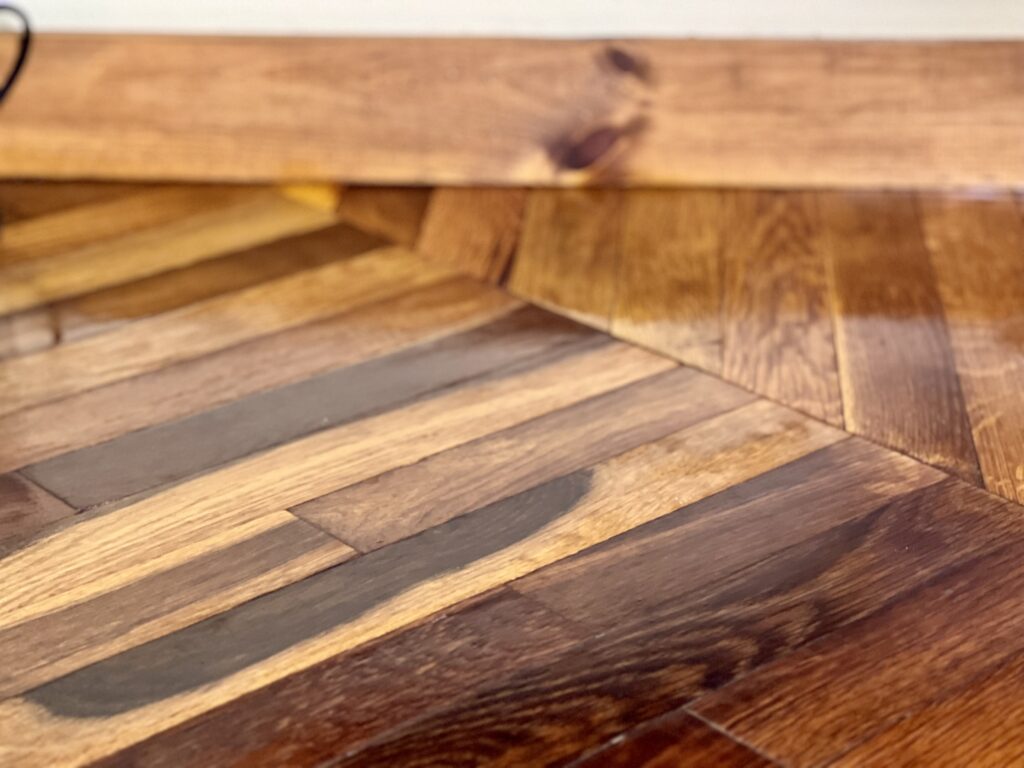
What Kind of Wood is Best for a Countertop?
Hardwoods are best for countertops because they’re durable, less prone to dents, and resist moisture better than softwoods. Some of the most popular choices include:
- Maple – Light color, smooth grain, and widely available.
- Oak – Strong and durable with a distinct grain (what my countertops are made from).
- Walnut – Rich color and high-end look, but more expensive.
- Cherry – Ages beautifully with a reddish hue.
- Teak – Naturally moisture-resistant but pricey.
- Hickory – Hard, strong, and rustic.
Your choice will depend on budget, style, and how much wear and tear you expect.
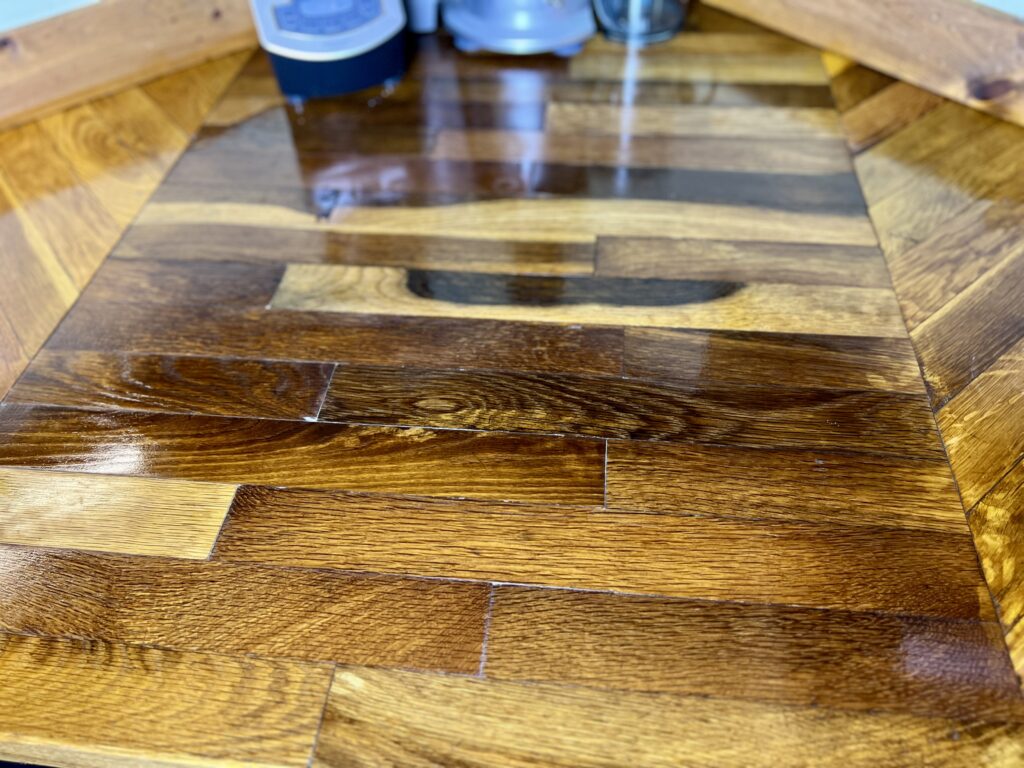
What Is the Lifespan of a Butcher Block Countertop?
A well-maintained butcher block countertop can last anywhere from 20 to 60 years. That’s right—longer than many stone or laminate options if cared for correctly. In fact, my oak countertops have been here since the house was built several decades ago—and they’re still going strong. Regular maintenance and protecting them from excessive water damage, heat, and scratching is important.
Routine oiling, gentle cleaning, and sanding out occasional nicks or stains help extend their life significantly. Unlike stone, wood can be refinished and restored again and again.
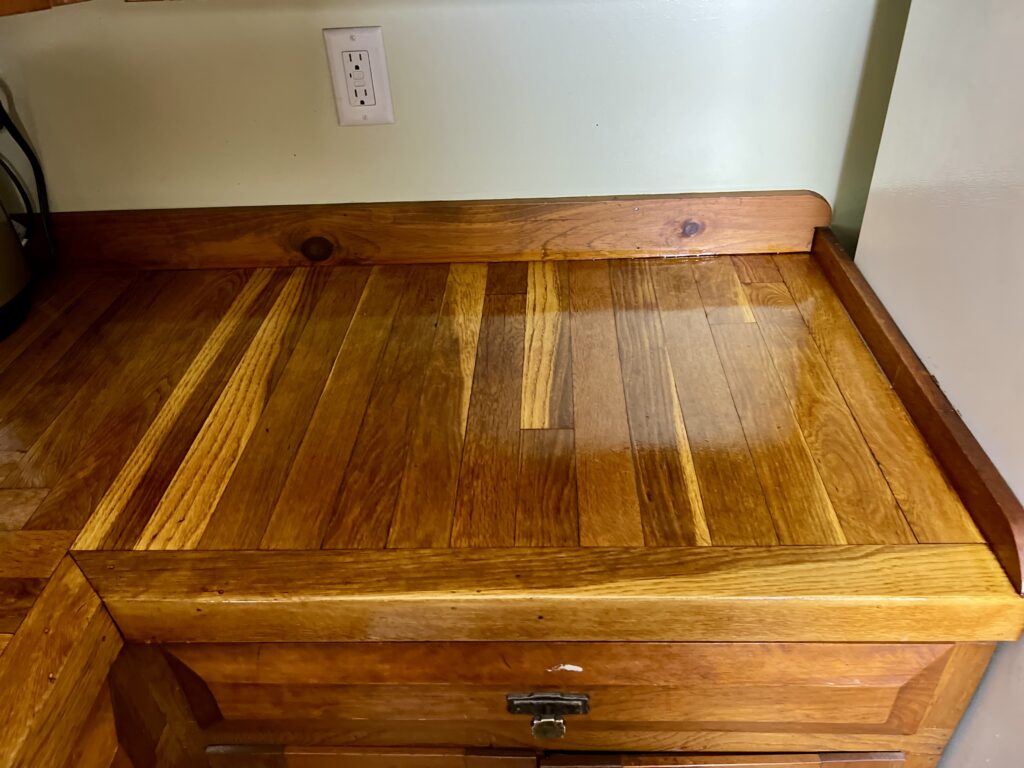
What Are the Pros and Cons of Butcher Block Countertops?
Pros:
- Warm and inviting appearance
- Customizable – Can be stained or painted
- Repairable – Sand out scratches or stains
- Affordable – Especially compared to granite or quartz
Cons:
- Requires maintenance – Regular oiling and proper cleaning
- Susceptible to water damage if not sealed properly
- Can scratch or dent more easily than stone
- Not heat-proof – Always use trivets or hot pads
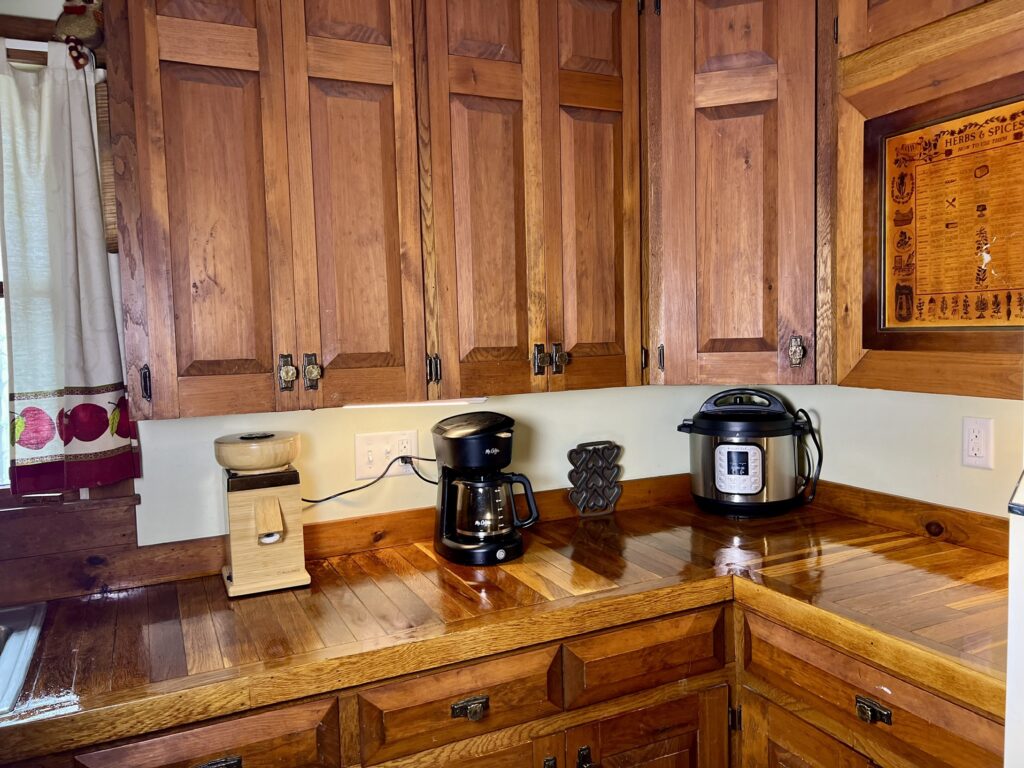
How to Care For and Maintain a Butcher Block Countertop
Caring for wood countertops is simpler than people might think. Here’s my routine:
- Cleaning: I wipe mine down with a 1:1 mixture of vinegar and water. It’s natural, non-toxic, and keeps things fresh without harsh chemicals.
- Disinfecting: The vinegar helps disinfect, but you can also occasionally use lemon and salt to scrub out stubborn areas.
- Oiling: About once a month—or whenever they look dry—I apply food-grade mineral oil. This helps seal the pores of the wood and prevents cracking or drying.
- Avoid soaking: Never let water sit on the surface for long. Wipe up spills promptly.
- No harsh scrubbing: Skip steel wool or abrasive pads. A gentle cloth or sponge will do.
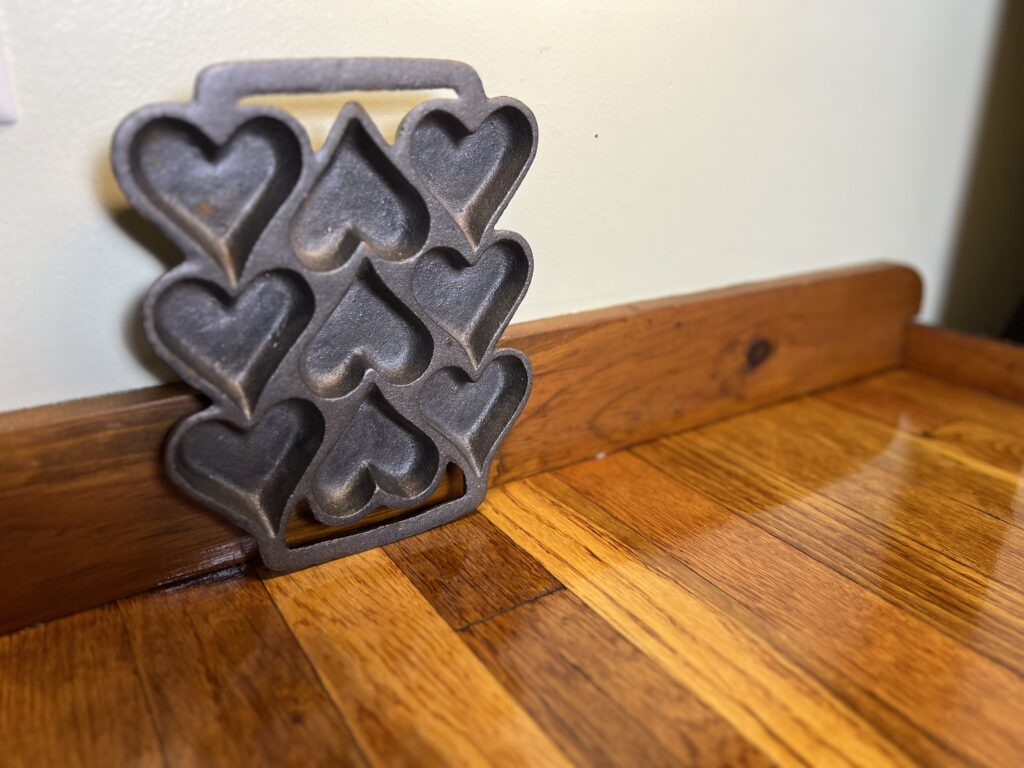
What Are the Different Types of Wood Used for Butcher Block Countertops?
Here’s a quick overview of the most common types:
| Wood Type | Hardness (Janka Scale) | Notes |
|---|---|---|
| Maple | 1450 | Durable, smooth grain |
| Oak | 1290 (Red), 1360 (White) | Strong, visible grain |
| Walnut | 1010 | Darker, elegant look |
| Cherry | 950 | Rich color, softer wood |
| Hickory | 1820 | Very hard and rustic |
| Birch | 1260 | Affordable and light-colored |
| Teak | 1000 | Moisture-resistant, expensive |
How Do Butcher Block Countertops Compare to Other Countertop Materials?
Here’s a quick comparison:
| Material | Durability | Maintenance | Aesthetic | Cost |
|---|---|---|---|---|
| Wood | Moderate | High | Warm & rustic | $$ |
| Granite | High | Low | Classic & luxurious | $$$ |
| Quartz | High | Low | Sleek & modern | $$$ |
| Laminate | Low | Low | Basic | $ |
| Concrete | High | Moderate | Industrial | $$$ |
Wood may not be the perfect fit for everyone, but if you love the feel of natural materials, it’s hard to beat.
My Final Thoughts
Wood countertops, especially butcher block styles, offer more than just function—they bring character, warmth, and a story to my kitchen. In my case, they’re a connection to the history of my home and a tribute to the skilled hands that built this home and poured love into every detail.
If you’re considering wood countertops, ask yourself if you’re ready for a little extra care in exchange for what wood countertops have to offer. I think you’ll find, like I did, that wood isn’t just a good idea—it’s a beautiful one.
